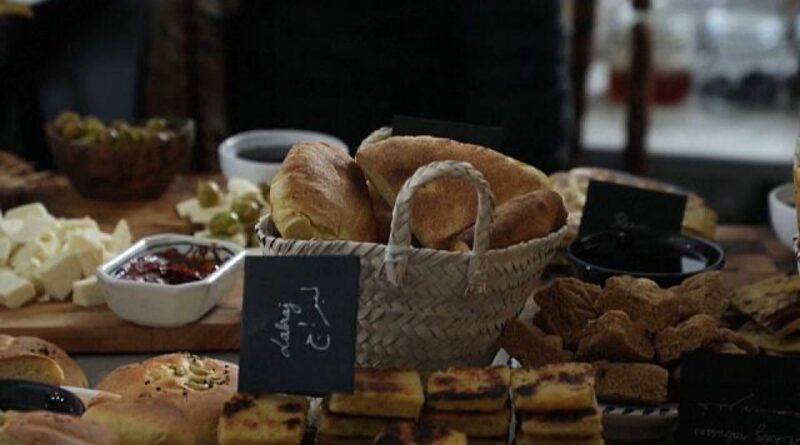Welcome to Tunisia’s ‘House of Bread’ museum
Close-up of Tunisian baked breads on display at the inauguration day of “Dar el Khobz” literally the house of bread in Kef, north western Tunisia.
–
Copyright © africanews
AFP
Tunisia
Soumaya Gara is a baker. She’s preparing traditional breads from Kef, a Tunisian town in the northwestern part of the country.
She underwent a training program by the Museum Lab’s association as part of the ‘Dar el-Khobz’ project literally the house of bread.
“The Museum Lab association offered us this opportunity. They restored this oven which was in a really bad condition. Now, it’s working again with firewood. Everyone here in Kef is happy that this old oven is operating once again.”
“We underwent a training course for around six or seven months, it was very beneficial. They taught us a lot of things related to hygiene and the different ways to bake bread,” Jalila Khadrani says.
This project employs and brings together five women bakers.
Preserving an intangible heritage
The inauguration ceremony of the living Bread Museum gathered different economic actors. The federation of tourism was eager to shed a light on the Kef governorate culinary treasures.
“We tasted delicious bread, different types bread that were really good. We can tell that there is a true know-how, that the product is evolving,” Imed Agha, who works in tourism, explained.
“We can see a very professional approach. For us, particularly as travel agents and as a Federation of travel agents, this is very important. It allows us to have a product that we can market to both professionals, professional travel agents and to our clients.”
In addition to tasting sessions, visitors of the Dar el Khoubz museum can learn about the tales and legens of Tunisia’s north western region, which is renowned for its cereal farming.
“The project was born out of a desire to promote the bread and cakes of Kef that we’ve identified as a dozen (different kinds of cakes), which is an intangible cultural heritage that belongs mainly to the women of Kef and to Tunisia in general,” concludes Julie Jeantet, who is in charge of development at the Museum Lab association.
Related articles


